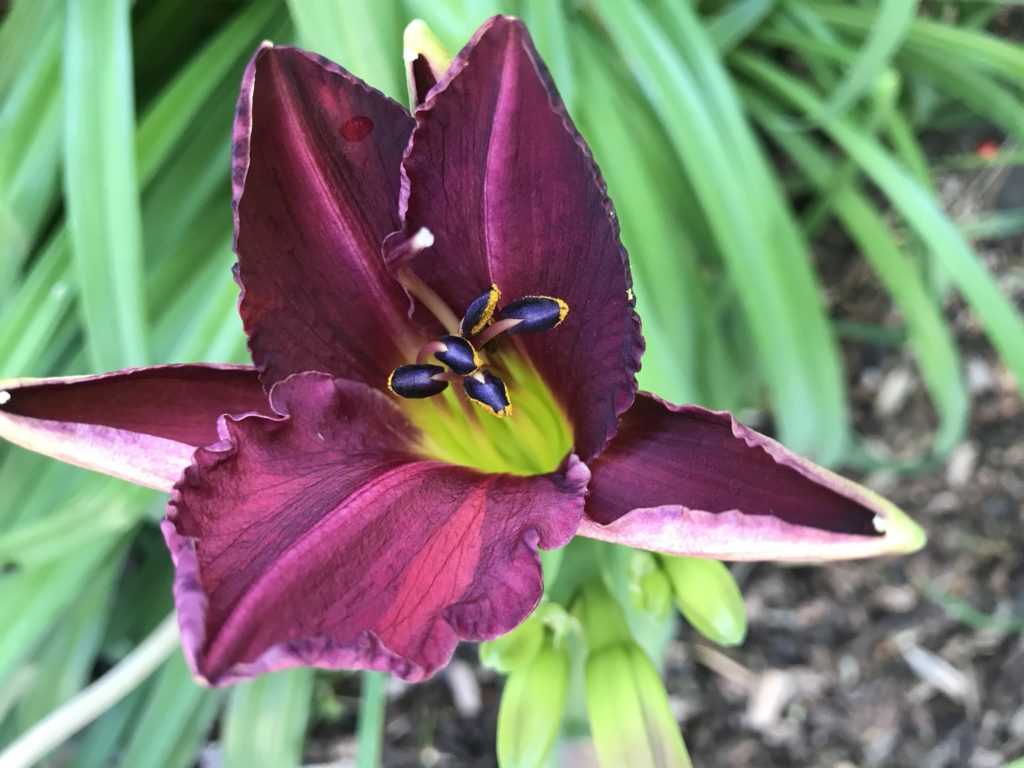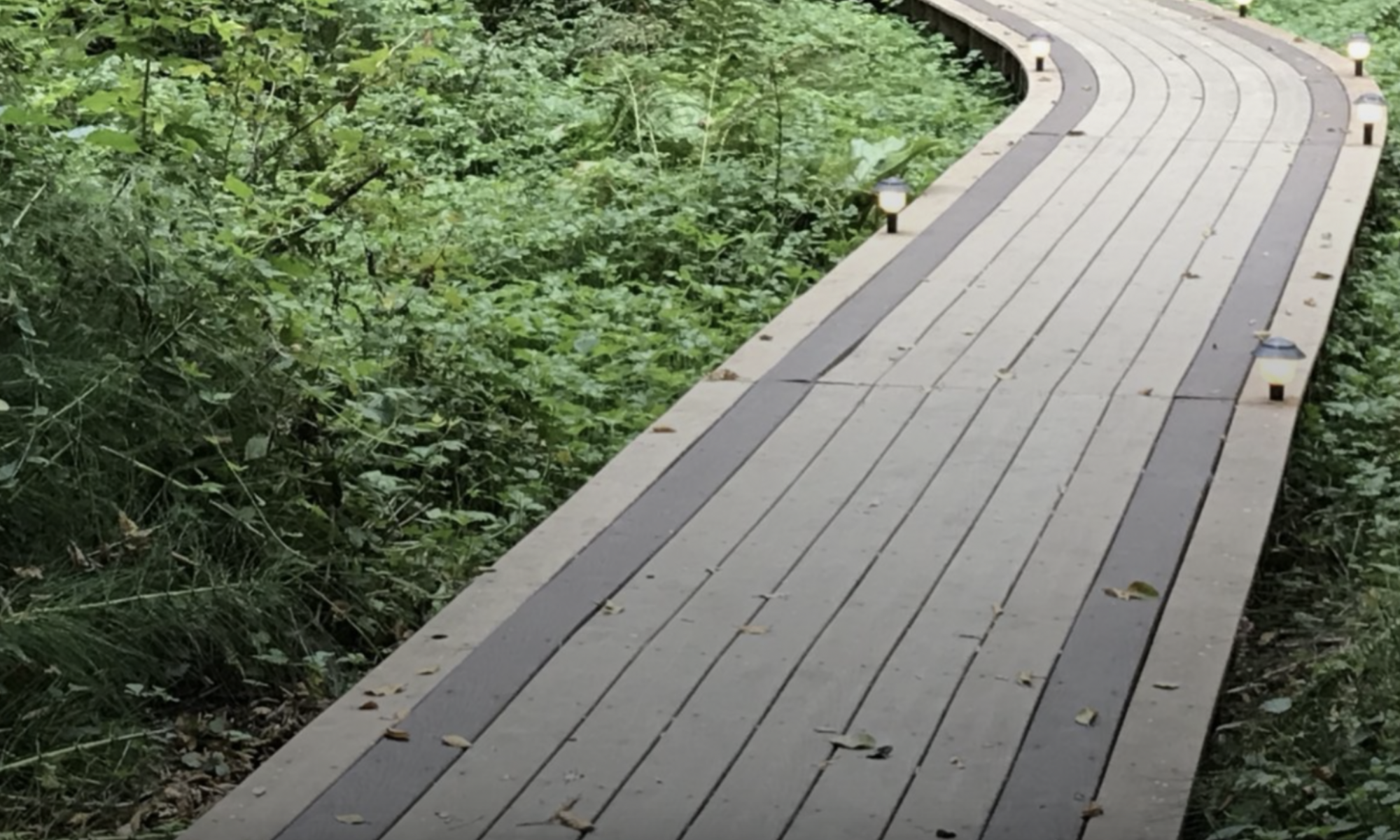
Sometimes it’s the little throw-away aside comments that stick the most. Spoken only as an aside. Perhaps a sub-commentary. Yet, wowza, sometimes these are the blossoms that hang around to open us to a bunch of beauty.
I had one of these a couple of weeks ago from my friend and colleague Amanda Fenton. Amanda and I have been convening circle gatherings for a number of years now. I love her thoughtfulness and integratedness of circle practice and presence.
Amanda and I were talking about CoVid and some of the changing conditions. She lives in British Columbia. I in Utah. She was talking about how one of the key health ministers there was doing an impressive job of adapting to incoming data and experience. Then came this gem. “In complexity, hard rules don’t work. There must be an ‘adaptive why’ that is rooted in principles.”
CoVid is an example of a complex environment and needed adaptation. But it is one that has some prominence. There’s a bunch of questions that are rooted in hard rules, that many people continue to ask. Understandable in their desire to bring some certainty, but really just misguided in the context. Hard rule — when will the government OK opening restaurants and public gatherings? Hard rule — when will a vaccine be ready for distribution? Hard rule — when will professional sports resume regular play? Each of these questions comes from a desire for hard rule.
The answer is always, “it depends.” That may not be the most satisfying answer for those accustomed to imposing certainties, or marketing, that doesn’t know what to do with a narrative of uncertainty and very complex, changing circumstances. In complexity, hard rules are more about comfort for the psyche. They aren’t about intelligent adapting to many moving and interconnected parts. In complexity, commitment to a principle — we will continue to pay attention and experiment, following the learning and insights that we gain while working with our colleagues and neighbors — is what we can offer each other as truth. I would suggest that these principles are what we need to grow ourselves to even be capable of living in such complexity.
Well, I know that Amanda and many of us that facilitate groups have been cultivating capacity to be in complexity for a long time now. I think that many of us continue to create formats in which more group-generated awareness can arise. More connected and collective presence. I’m glad for the simple witnessing with a friend, that pulls out the pithy, to help guide the path, not of hunkering down in certainty (and the inevitable blame that follows — the USA’s infectious disease expert, Dr. Fauci is and example of a person now being blamed through the unfulfilled hard rules frame), but instead to be in adaptive learning and sensing.
Here’s to the adaptive and principle-based mindset that so many of us are growing and practicing these days. And here’s to the courage-lending that so many of us are doing to invite thoughtful presence amidst very complex circumstance.




Love Amanda’s gem: “In complexity, hard rules don’t work. There must be an ‘adaptive why’ that is rooted in principles.”
And your corollary gem: “In complexity, hard rules are more about comfort for the psyche. They aren’t about intelligent adapting to many moving and interconnected parts.”
Thank you both for these nuggets — dare we call them “soft” rules that are solid? — for navigating complexity!
Love your thoughts / gems Toni. Keep ’em coming.